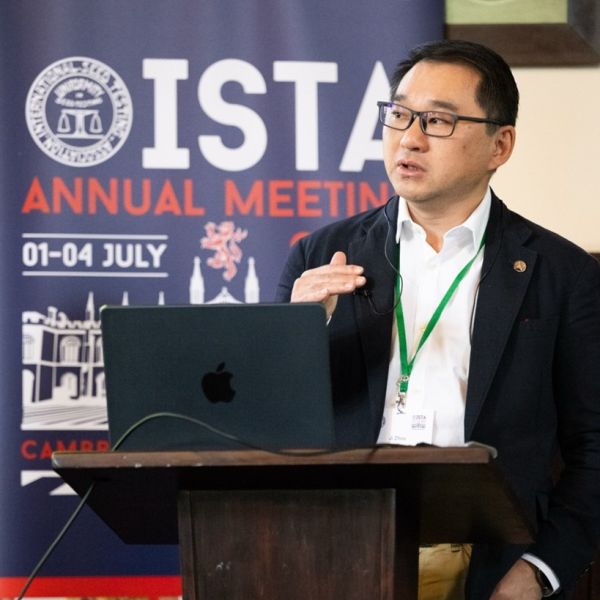Plant-parasitic interactions
Plant-parasitic nematodes are a major, and in some cases a dominant, threat to global food security.
A finely tuned molecular dialogue between the plant and the nematode gives rise to the pathology, that ultimately result in crop losses. Our group aims to understand the nature of this dialogue in sufficient detail to identify sustainable routes to control. We use genetic and molecular tools to understand the inter-kingdom communication between plants and their parasitic nematodes.
Research areas
The nematode parasitism ‘toolbox’
Plant-parasitic nematodes have remarkable abilities to alter various aspects of plant immunity, metabolism, physiology, and development in order to cause disease. Our work in this area stems from two enabling discoveries: 1) the “DOG box”: a promoter motif that unifies hundreds of otherwise sequence-unrelated effectors that are expressed in the same gland cells; and 2) transformation of plant-parasitic nematodes: we demonstrated the first over expression experiment of any kind in any plant-parasitic nematode using “Covid19 vaccine-like technology” (mRNA encapsulated in liposomes).
Using these tools, our interests now lie in uncovering which nematode genes (e.g. effectors) are required for these abilities, how nematodes precisely orchestrate the deployment of said effectors over time and on different hosts, and how these genes and processes have evolved/are evolving.
The plant’s contribution to parasitism
While it may sound counterintuitive, many plant genes are required for successful parasitism. These may range from genes involved in fundamental developmental processes and metabolism to immunity, all of which can be hijacked by the pathogen to cause disease. Our work in this area aims to identify which pathways and processes in the plant are manipulated by the pathogen and how.
To do this, we deploy a range of forward and reverse genetic approaches ranging from large scale screening of diverse germplasm to detailed genomic and transcriptomics studies of specific pathologies.
Applying our discoveries for reduction of crop losses
Our research has intuitive pathways to impact, that we push at every opportunity. The more we understand the nature of the dialogue between plants and their parasites the more routes to control emerge. For example, by understanding which aspects of plant biology are manipulated by the parasite we can precisely engineer plants that are resistant to manipulation, and ultimately resistant to infection.
Much of our applied work focuses on Potato and the Potato Cyst Nematodes, but given that each major food crop can be parasitised by a nematode of one kind or another, the potential impact of this research is truly global.
About the group leader
Sebastian received his PhD in plant pathology from the University of Leeds and the James Hutton Institute in 2014. Sebastian was awarded an Anniversary Future Leaders Fellowship from the Biotechnology and Biological Sciences Research Council (BBSRC) to pursue independent research at the University of Dundee and the John Innes Centre (2015-2018).
In 2018, he was awarded a BBSRC David Phillips Fellowship and established the Plant-Parasite Interactions group at the Department of Plant Sciences, and made fellow of King’s College Cambridge. In 2021 he was awarded a CUPGRA Fellowship and moved the group to the Crop Science Centre.
Led by

Sebastian Eves-van den Akker
Head of Plant-Parasitic Interactions Group
Research group staff

Anika Damm
PhD student
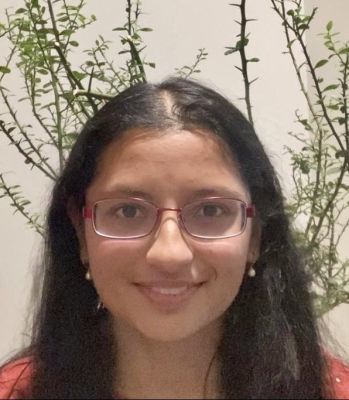
Priya Desikan
PhD Student
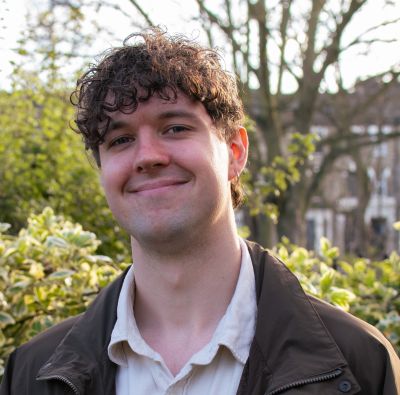
Paul Goodman
PhD Student

Vincent Hanlon
Postdoctoral Research Associate

George Harpum
Senior Research Laboratory Technician
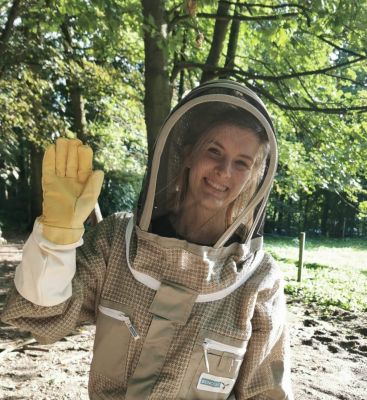
Luisa Kalkert
Research Assistant
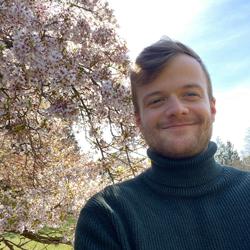
Olaf Kranse
Postdoctoral research associate
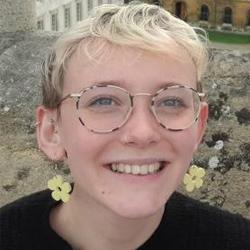
Beth Molloy
PhD student

Victor Moura
Postdoctoral research associate

Alexis Sperling
Postdoctoral research associate

Siyuan Wei
PhD student
